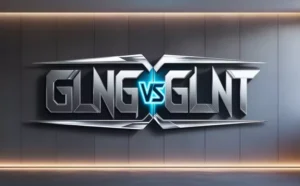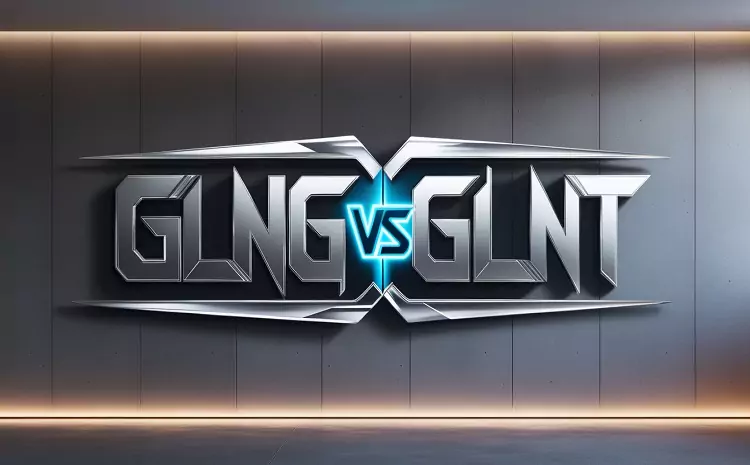Have you ever heard a joke that was so funny it sparked another joke? Some jokes have this unique quality of creating a chain reaction of humor, making everyone in the room come up with their own punchlines. The New York Times has even covered this phenomenon in articles discussing how humor evolves in conversations. These “jokes that spark other jokes” keep the laughter going, turning a single moment into a hilarious exchange. In this article, we’ll explore what these jokes are, how they work, and why they are so effective in creating a fun environment.
Key Takeaways
- Jokes that spark other jokes inspire others to create their own humorous responses.
- These jokes are often open-ended, leaving room for interpretation and creativity.
- The New York Times has recognized the social impact of these jokes, highlighting their role in sparking humor.
What Are Jokes That Spark Other Jokes?
A joke that sparks other jokes is one that doesn’t just end at the punchline. Instead, it serves as a starting point for more jokes to follow. These jokes often include wordplay, puns, or unexpected twists that make it easy for others to add their own humorous comments. The result is a string of related jokes, each building on the last.
How Do These Jokes Work?
The magic of these jokes lies in their structure. They are usually:
- Open-Ended: The punchline leaves room for more interpretations.
- Ambiguous: The humor is not too specific, allowing different angles.
- Relatable: The subject matter is something people can easily relate to or understand.
For example, if someone says, “Why did the chicken join the band?” and answers, “Because it had the drumsticks,” this could lead to others adding jokes like, “And the cow joined in because it brought the milkshake!” The initial joke sparks more creativity.
Why Do These Jokes Matter?
According to the New York Times and other sources, humor that sparks additional jokes has a social bonding effect. People who participate in these humorous exchanges feel more connected and engaged.
Benefits of Jokes That Spark Other Jokes
| Benefit | Description |
|---|---|
| Promotes Creativity | Encourages people to think creatively and add to the humor. |
| Fosters Social Interaction | Helps people interact and bond over shared laughter. |
| Reduces Stress | Laughter is a natural stress reliever, making everyone feel relaxed. |
Examples of Jokes That Spark Other Jokes
Here are some classic joke starters that can lead to a series of humorous responses:
Classic “Why Did the Chicken” Joke
“Why did the chicken cross the road?”
Answer: “To get to the other side.”
Other jokes inspired by this might include:
- “Why did the duck follow the chicken?”
Answer: “Because it thought it was a quack-tastic idea!”
Puns That Keep on Giving
“I’m reading a book on anti-gravity. It’s impossible to put down!”
This type of pun can lead others to create more puns like:
- “I’ve got one on electricity—it’s a real shocker!”
- “I’m reading one on telepathy—you’ll know it’s good before I even finish!”
Wordplay Jokes
“Why don’t skeletons fight each other?”
Answer: “They don’t have the guts.”
Follow-up jokes could be:
- “Why do ghosts like to party? Because they have boo-tiful moves!”
- “What did the zombie say to the vampire? You drain me!”
New York Times Perspective on Humor
The New York Times has explored the phenomenon of humor that inspires more humor. In a piece titled “Joke That Sparks Other Jokes: How Humor Evolves”, they discuss how such humor can be spontaneous, sparking unexpected responses. The NYT article notes that these jokes often work best in group settings, where people are comfortable enough to express their creativity.
Key Points from the NYT Article
- Humor as a Social Tool: Jokes that spark other jokes act as a conversational tool, bridging gaps and making people feel included.
- Cognitive Benefits: Participating in these jokes stimulates the brain and can improve mood.
- Cultural Relevance: The use of such jokes can vary by culture, with different communities having their own versions of humor.
| NYT Perspective | Explanation |
|---|---|
| Social Interaction | Humor is a tool for building connections. |
| Cognitive Stimulation | Thinking of follow-up jokes stimulates the mind. |
| Cultural Impact | Humor styles vary by culture and setting. |
Creating Your Own Jokes That Spark Other Jokes
If you want to create jokes that inspire others, consider these tips:
Keep It Open-Ended
Leave your punchline slightly ambiguous so others can add their twist.
Use Wordplay or Puns
Wordplay invites others to think of alternative meanings and responses.
Relate to Common Experiences
Choose topics everyone can relate to, like food, travel, or everyday scenarios.
Conclusion
Jokes that spark other jokes create a lively atmosphere, encouraging everyone to contribute their own humor. Whether it’s through puns, wordplay, or open-ended questions, these jokes are more than just funny, they’re a way to connect and interact. The New York Times recognizes their value in social settings, highlighting how humor can evolve and grow when people are willing to participate.
The next time you hear or tell a joke, think about how you can turn it into a joke that sparks even more laughter!









